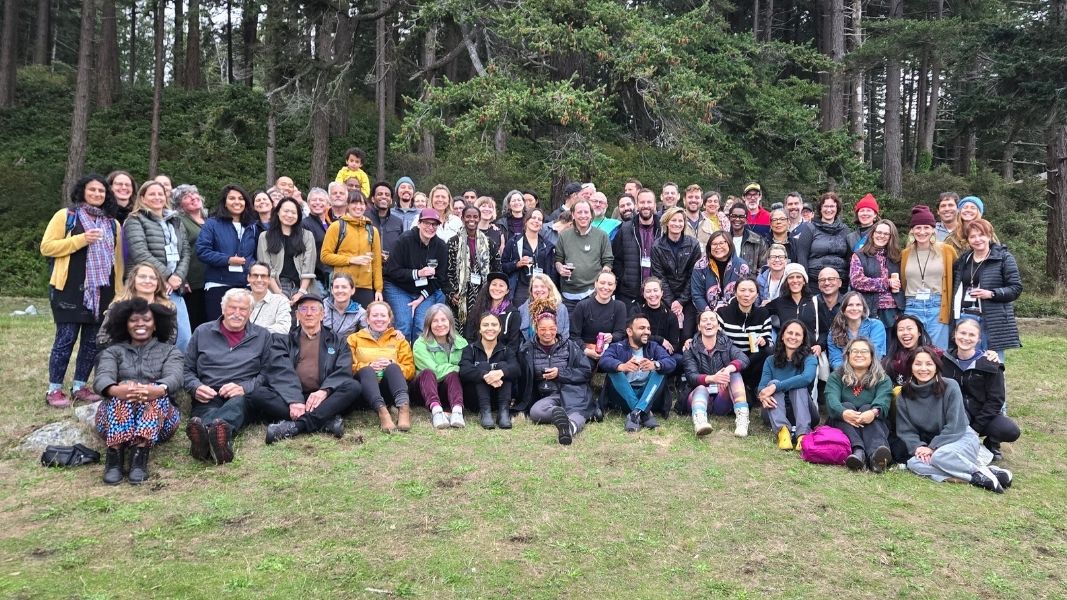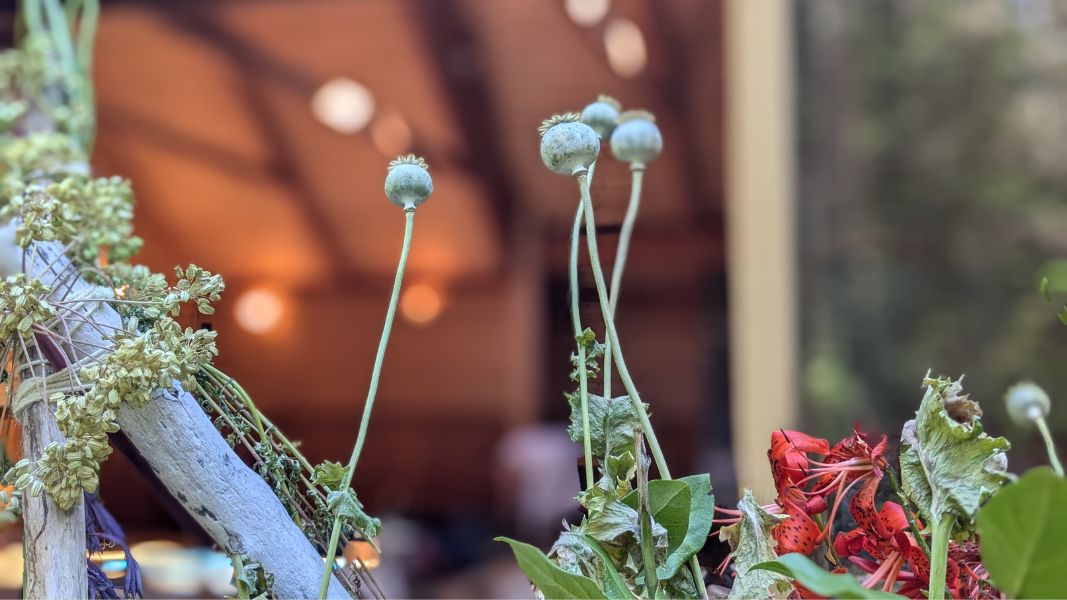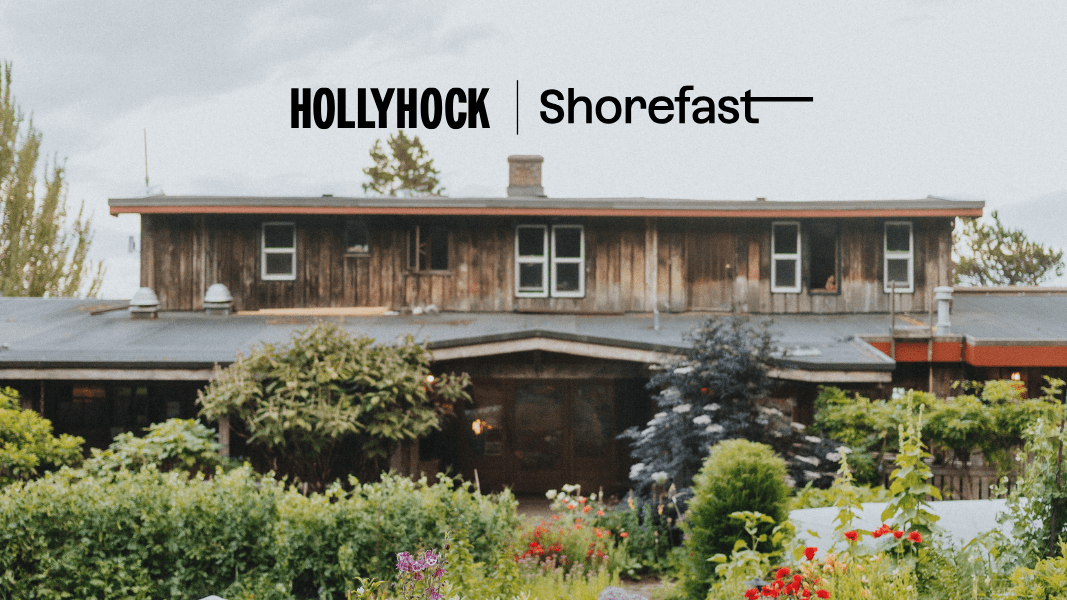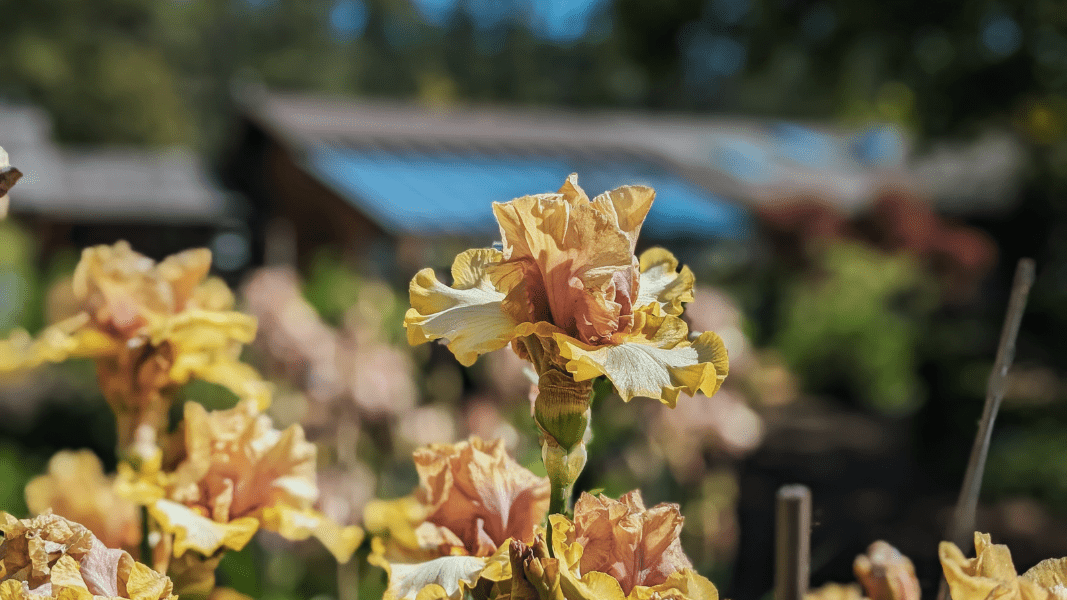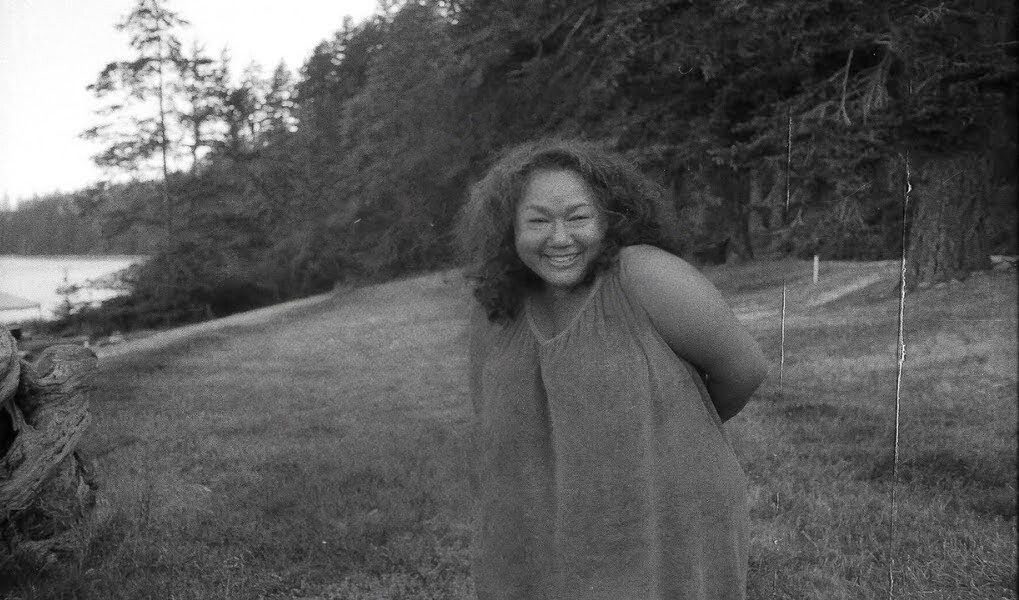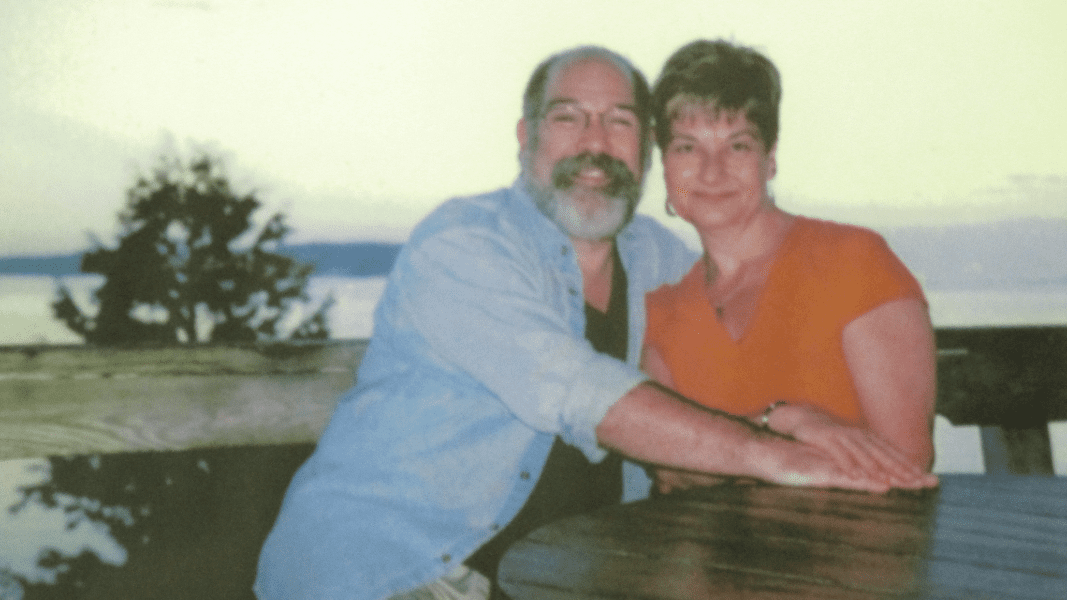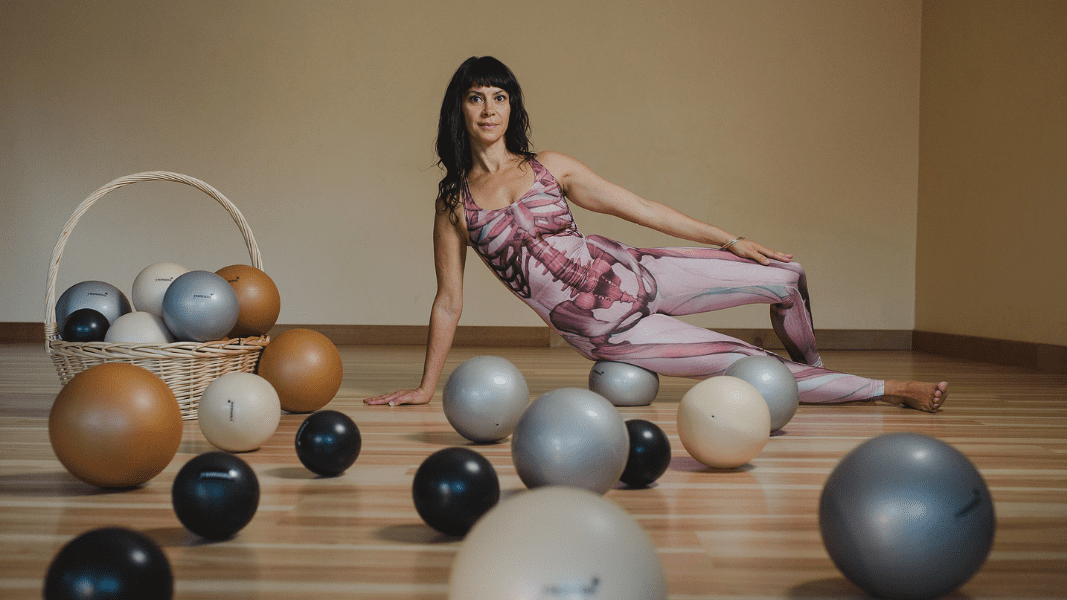With a career rooted in food systems, everything comes back to growing from soil for Nikki Silvestri. Co-founder of grassroots collective Live Real and has served as Executive Director of People’s Grocery, and then of Green for All, Nikki’s work has gone well beyond food, with a focus on building and strengthening social equity for underrepresented populations.
Nikki first discovered the necessity for social equity in the sustainability sector back when she was a student. “I was the only person of color in many of my spaces.”
Through her time in the nonprofit sector, Nikki quickly learned that dismantling systems is exhausting. “In the early-part of my career, the problems felt so enormous, all-consuming, and urgent that I felt that it would be acceptable for me to break myself against the grindstone of constant human rights violations.”
This relentless self-sacrifice along with a series of challenging life events resulted in Nikki’s eventual burnout. “I couldn’t crack the nut around how to work in that setting in a way that’s healthy for me and healthy for my family. I did not have a good perspective on wholeness.”
That’s when Nikki made another discovery: we build systems and initiatives in our image. “I was running myself into the ground and had this constant scarcity mentality. So many of my stories were about not enough: not enough money for nonprofits, not enough resources for people of colour. It turns out I was building those same things and I did not get the irony.”
Nikki (ever the horticulturalist) drew a metaphor from her knowledge about plant growth. “In my nonprofit phase, I was doing organic monoculture. I was focused on trying to grow very specific projects in the community and specific policies at the national level. But because I was burned out all the time, the soil that I was growing these things in was being stripped every year, and the work couldn’t continue growing over time.”
In an effort to build from a healthier place, Nikki began to focus on the mechanics of creating a solid foundation for systems change. “I started exploring big questions about how to build regenerative people while building regenerative systems.” With her company Soil & Shadow, Nikki now spends her time on the soil of entire movements – people, leaders, and institutions – instead of exclusively on systems interventions themselves. Today, Nikki is primarily focused on coaching women-identified leaders in environmental and social entrepreneurship who are facing the same kind of systems collapse that Nikki herself faced back when she had her own breakdown.
As her business name “Soil & Shadow” suggests, Nikki isn’t afraid to look at the darker side of humanity. In helping people to look underneath the surface when it comes to social equity and social justice, Nikki explores basic human drives like control, domination, and power; the ones she says make us treat each other terribly.
Inspired by her work with the shadow, Nikki offers 4 equity lessons for social entrepreneurs:
1. How can we use a social equity lens in social venture?
“Understand the history of your sector and who ‘lost’ for you to be where you are and for your sector to exist.
For example, consider that the entire current global economy was redefined by the transatlantic slave trade. Consider that modern-day insurance wouldn’t exist without someone having to figure out how to insure human beings, 50% of whom weren’t going to survive the journey to the new world. There’s so many things we take for granted that came out of the Atlantic slave trade.
Today, we have an economic system that’s still based in high levels of exploitation, and we take that for granted. Seven of the ten lowest paying jobs in the country still are food systems jobs.
Go figure out the history of your sector, find out who lost in order for the current system to exist, and discover what those populations are still dealing with as a result of that loss.”
2. How can we as social entrepreneurs recognize our own privilege?
“The more resources we have, the stronger an orientation we need to have to selfless service to keep ourselves healthy.
I invite people to look statistically at the world and remind ourselves where we sit in the grand scheme of things when it comes to the global wealth gap and when it comes to the five percent of the world that has access to a university education.
Within our own systems, of course, we could be the underdog. Make sure that the perspective on both your privilege and underdog status is held.
When it comes to recognizing privilege, there is no way around the fact that you are doing better than 95% of the entire planet. And there’s a responsibility that comes with that.”
3. Why is it important to make the effort to take a social equity lens?
“If you believe in the harmony of all beings and that part of the reason why we’re extinguishing ourselves as a species is because of our tendency to control and dominate each other in the planet, then you need to make the effort to do this work.
Everything I do as a social entrepreneur is working toward harmony, which means I need to get to the root causes of the disharmony and deal with that.
Keep in mind that talking about social equity on a surface level is not useful. In order to disrupt systems, you must look at the historical roots. If you’re not willing to get to the root cause and address the seed of injustice, you’re not going to grow harmony. You’re just pruning a fucked up tree that’s already dying.”
4. Equity work is hard. How can I stay healthy while having these tough conversations?
“The first tool that I use with people is the Self-Care and Capacity Spectrum, which is the idea that the more resourced you are, the more capacity you have to see things about yourself that may be uncomfortable.
It’s an inverse relationship: you care for yourself enough to the point where you have good capacity. You use that capacity to stretch and learn things about yourself to the point where your cup is full. At that point, you need self-care so that you can get to a new level of capacity so that you can see more things about yourself.
And if you can stay in that cycle, it’s an upward spiral of self-development.
It requires being able to understand when you’re at high capacity and when you need some care. If your self-care isn’t there, that’s when the privilege monster takes over.
Some people struggle with the shadow because they look at it too directly so much of the time that they’re sapping their capacity and not refilling their cup, which was me in my nonprofit days. Other people are just scared to engage the shadow at all, even when they have a bunch of capacity.
If you’re struggling to recognize the shadow, think back to a time when facing something difficult about yourself resulted in a relationship win for you. Viscerally connect to that moment and the value that it has for you.”
SVI as a Place to Refill Your Capacity Cup
Nikki talks about what a wonderful experience Social Venture Institute (SVI) at Hollyhock was for her:
The faraway nature of the setting and the journey it takes to get to Cortes Island creates its own ethos. It created a sense of isolation that leads to an open mind. SVI is so immersive that it allows you to break paradigms, which was one of the best benefits of the experience to me.
She goes on to explain that SVI is exactly the kind of place where you can build up your capacity to have tough social equity conversations and leave feeling nourished. Whether you attend all the sessions, take advantage of off-site excursions like kayaking, or have a unique experience like helping to cook oysters on the beach, “just really take care with what you need and go get it because SVI has it to offer.”
Want to develop your resilience to have tough equity conversations that impact your business?
Apply to fill your cup at SVI this year from September 11 – 15.
photo credits:
nikkisilvestri.com, International Communities, Climate Warriors Movie, and amanda mary creative


